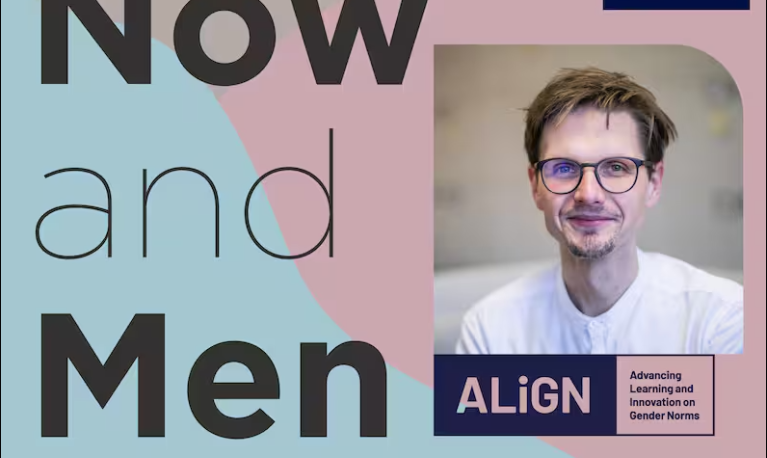
Norms of masculinity affect how men and boys see themselves in relation to women and girls (gender identity), shaping their behaviour, and the behaviour they expect from others – male, female or other. In their relationship with norms of femininities, they also shape what women expect of men and themselves, or how non-binary people are able to fit in patriarchal societies.
These norms vary across different cultural contexts and social groups, producing multiple hierarchies of masculinities. While some can facilitate social relationships, others uphold gender inequalities. Among adolescents, for example, they include expectations that boys’ views are more important than girls’, that ‘real boys’ do not do household chores, or that sexual harassment of girls is just ‘teasing’.
Some norms of masculinity can also undermine the well-being of boys and men where, for example, they encourage risk-taking that endangers health or pushes older boys into the labour market at the expense of their education. Boys and men who reject prevailing norms of masculinity can also be subjected to gossip, ridicule and violence.
Masculine norms have been woven into the fabric of many institutions, such as national parliaments. They shape how the institutions operate to promote and support masculine traits and behaviours. As a result, these institutions help maintain male privilege and often require men in various positions of power to work with women as allies to change them.
Initiatives to promote gender equality are therefore increasingly recognising the need to transform harmful norms of masculinity, and to work with men and boys to change them. There is a growing body of evidence on how this can be done yet some areas remain under-researched such as the use of social media or gender-sensitive curriculum in formal education. ALIGN’s resources and original research on masculinities contribute insights on how these norms fuel gender inequality and showcase effective strategies for change, not least by supporting male allies in civil society organisations and highest political offices.
Featured resources
ALIGN guide
13 June 2019

Published by: ALIGN
Blog
14 April 2025

Report
19 November 2024
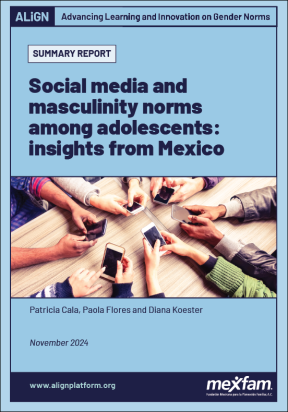
Report
13 November 2024
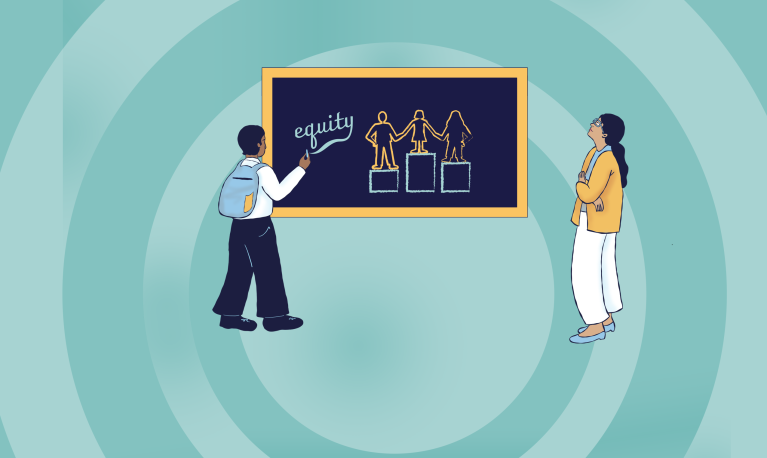
Blog
3 October 2024
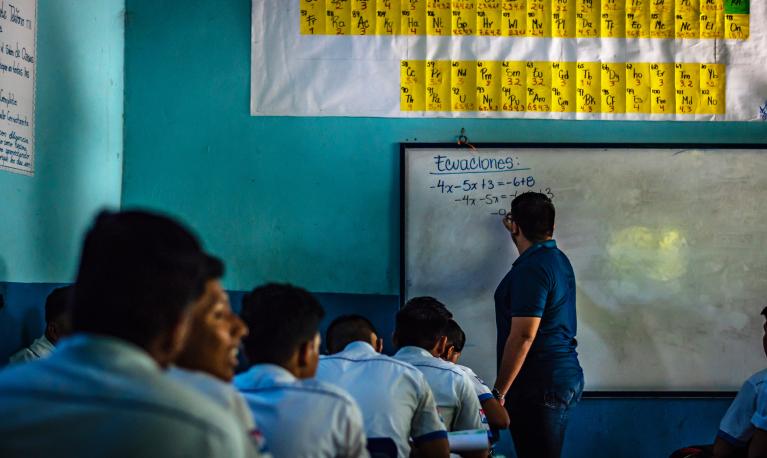

Content is loading...
Men, boys and masculinities content from the ALIGN community
Briefing paper
8 April 2025
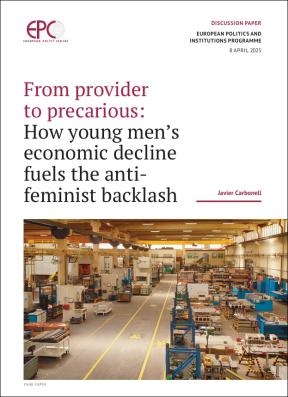
Toolkit
22 August 2024

Blog
28 May 2024
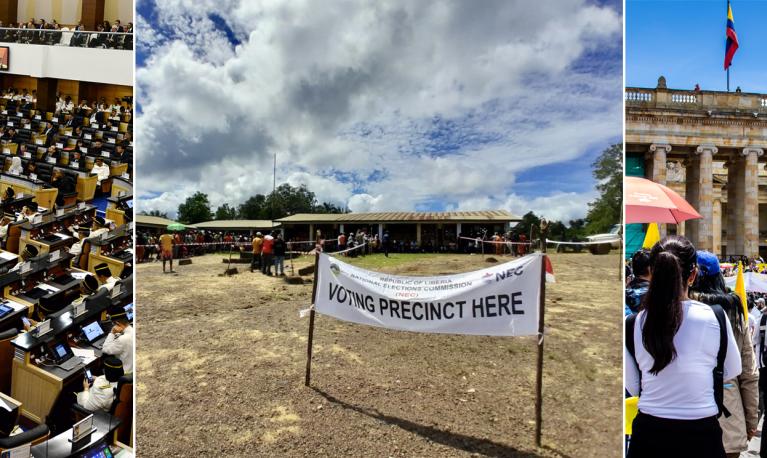
Report
28 May 2024
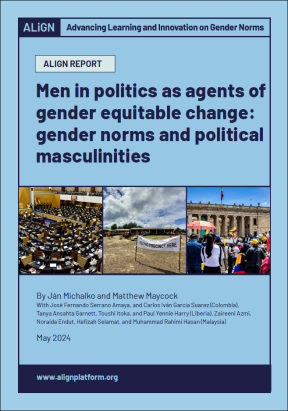
Report
17 May 2024
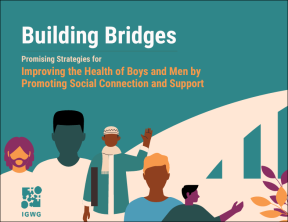
Video/podcast
15 May 2024
